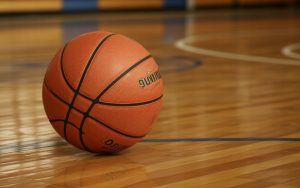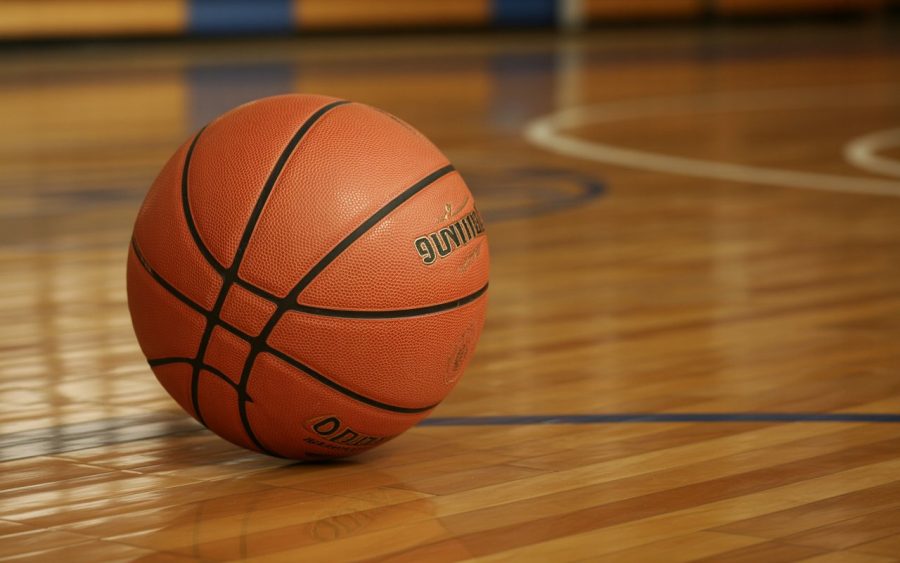A disturbing trend is sweeping across college athletics: a surge in harassment and threats directed at student athletes fueled by sports betting. New research reveals a significant number of young competitors are facing abuse simply for playing the game, a consequence of the rapidly expanding world of legalized wagering.
The data is particularly alarming in men’s basketball. A full 36% of Division I men’s basketball players reported experiencing abuse on social media related to sports betting in the past year. Nearly a third – 29% – have even interacted with fellow students who openly admitted to betting on their games.
Football players aren’t immune either. Among those in the highest level of college football, 16% have received negative or threatening messages, and 26% have encountered classmates who’ve wagered on their team’s performance. The pressure is mounting, extending beyond the field of play.

While the abuse is less prevalent in women’s sports, the issue isn’t absent. Simultaneously, concerns are escalating in individual sports like tennis, prompting governing bodies to demand action from the betting industry to protect their athletes from gambling-related harassment.
The reality of this abuse is starkly illustrated by the experiences of athletes themselves. One former basketball player described receiving direct messages after games from bettors upset about whether the final score exceeded or fell short of their predictions – a disturbingly common occurrence.
This isn’t a new concern. The NCAA has been actively campaigning to eliminate prop bets on college sports, arguing they directly contribute to the increased risk faced by student athletes. They’ve also moved to restrict partnerships and advertising with sportsbooks.
The organization emphasizes that states and gambling operators have a responsibility to protect these young competitors. Despite extensive education programs for athletes, the NCAA asserts that regulators and lawmakers must step up and implement stronger safeguards to preserve the integrity of college sports.
Further research is underway, with another study focusing specifically on social media abuse expected to be released soon. This continued investigation underscores the seriousness of the problem and the commitment to finding solutions for the growing threat to student athlete well-being.






